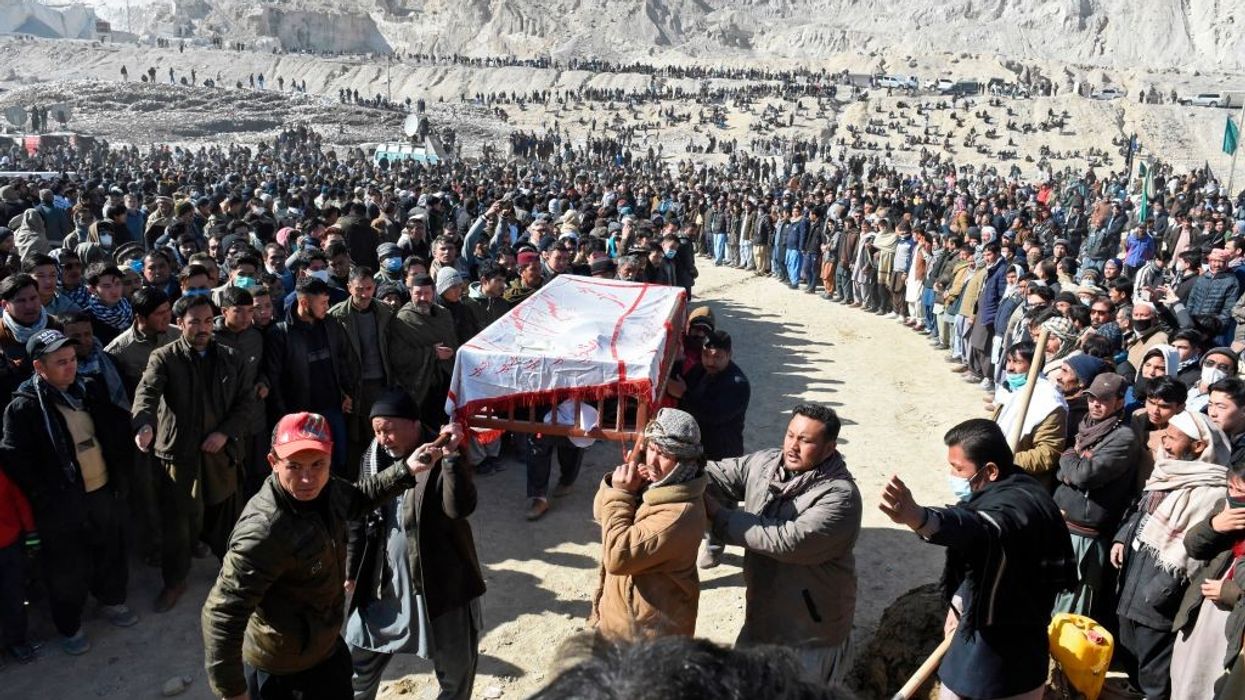Thousands of miners have stopped work and many have fled Pakistan's restive Balochistan province since insurgents killed 10 Hazara workers at a colliery last month, officials said Thursday.
Labour organisations and government officials said up to 15,000 workers had downed tools since the murder of the Hazara group, forcing around 200 mines to close and slashing production.
More than 100 mines were "still non-functional", said Abdullah Shehwani, the provincial head of coal mines.
More than 40,000 workers toil in hundreds of small mines in Balochistan province -- the country's largest and poorest region, which is rife with ethnic, sectarian and separatist insurgencies.
Militant groups regularly extort protection money from colliery owners or kidnap workers for ransom. Failure to pay often results in deadly violence.
Refugees or economic migrants from Afghanistan make up a big part of the workforce -- especially from the marginalised Hazara community.
Ten Hazara miners were kidnapped by gunmen from a remote colliery in early January before being taken to nearby hills where most were shot dead, and some beheaded.
It prompted huge protests among Hazaras, who make up most of the Shiite population in Quetta, the capital of Balochistan and less than 100 kilometres (60 miles) from the Afghanistan border.
Their Central Asian features make them easy targets for Sunni militants, who consider them heretics.
- Low pay -
"Local workers ask for high pay and owners have to pay them compensation, in case of any accident," Habib Tahir, provincial chief of the Human Rights Commission of Pakistan, told AFP.
"Afghan refugees... work in the coal mines for low pay."
But Behroz Reiki, president of a mine owners' association, said the current situation was also causing grave hardship for local communities.
"A closure of a coal mine means no jobs for the security guards and other employees -- those who work in other sections, including drivers, helpers and others," he said.
Atif Hussain, an official from the government's mines department, insisted security had been beefed up.
"We have provided special security to the Hazara workers," he said, adding: "Now they move in a police escort."
Some mines had re-opened after government forces increased security, said MirDad Khel, the head of a local coal miners' association, but many miners were still scared.
"Fifty percent of the workers are still reluctant to return... they are still jobless," he told AFP.
"They don't have money even for their day-to-day expenses -- even for one meal."




